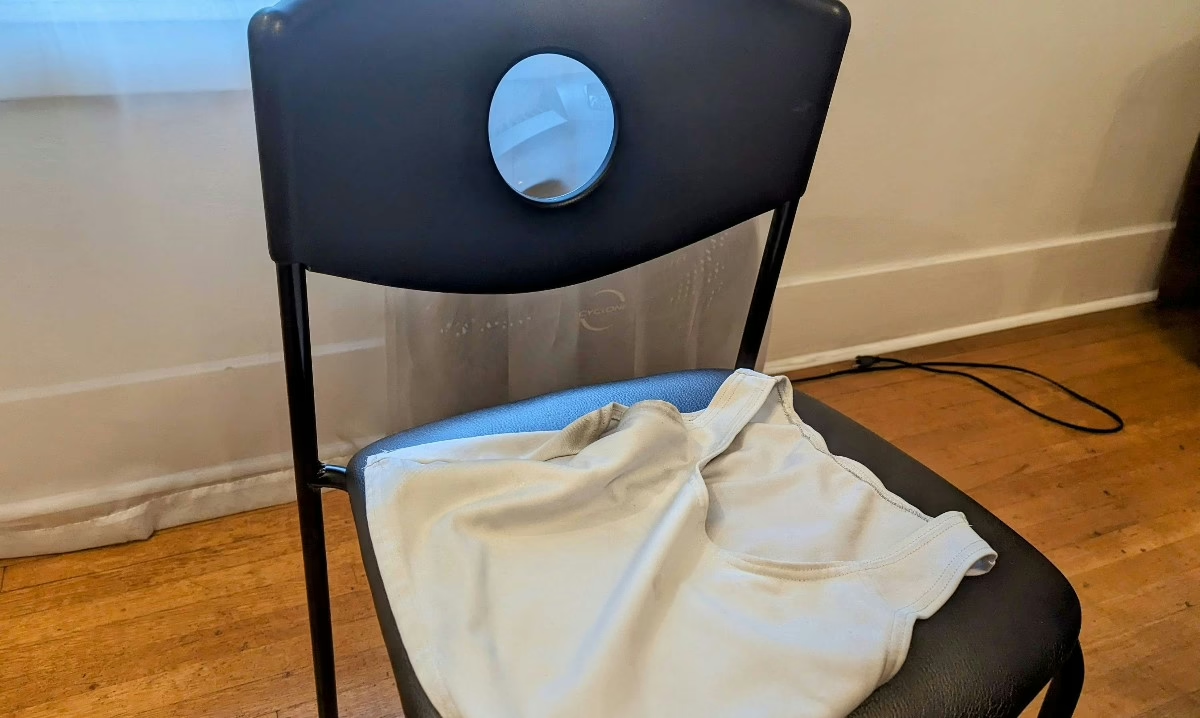How to improve sleeping quality?
Are you satisfied with your sleeping habits? Do you have a strategy for perfect quality sleep?
Sleep is an important part of a college student’s life. It strengthens the immune system, provides energy for tomorrow, improves memory stability, and more. However, nowadays, many factors may impede students from getting adequate sleep, such as finishing assignments, studying for exams, watching movies, or insomnia. Lack of sleep causes physical and psychological problems such as depression and anxiety, as well as difficulty in noticing one’s emotions, which may lead to problems in interacting with society. Understanding the sleep process and improving your sleeping habits can greatly assist in one’s quality of life.
The sleeping process is divided into two parts: non-rapid eye movement (non-REM) sleep and rapid eye movement (REM) sleep. The former is split into three steps: non-REM 1 (N1), non-REM 2 (N2), and non-REM 3 (N3), followed by REM sleep. These four steps constitute one sleep cycle, which ranges from 90 to 120 minutes. Proper sleep consists of three to four cycles.
Each step has a special feature. The first step, N1, is the lightest sleep and lasts seven to nine minutes. There are no distinct changes in the body, and it’s easy to wake up. During the next step, N2, the body showcases changes such as decreased body temperature, and slowed breathing and heart rate. The N2 step is a more stable sleep phase. The third phase, N3, is the most important part of increasing sleep quality. The human body is relaxed during N3. It repairs its cells, strengthens its immune system, and produces growth hormones for people in a period of growth. Also, in this phase, short-term memories become long-term memories, making memory stable. Another name for the N3 phase is “deep sleep.”
Finally, the last phase is REM sleep. During REM, people’s breath and heart rate are increased to a similar level to the awakened body, that’s when dreams occur. If people wake up during REM sleep, they can remember the context of the dream. Usually, people wake up during N1 or REM sleep.
For good quality sleep, people shouldn’t use their phones before bed to make an ideal circadian rhythm, which is the human body’s internal clock, influenced by exposure to light, food, exercise, and mental factors. Specifically, light is the most significant part of manipulating the circadian rhythm. Our body produces a hormone called melatonin, which induces sleep. This hormone is released in dark environments. However, phone screen lighting interrupts releasing the hormone. Moreover, smartphones usually release blue light, which makes people’s brains think that it’s daytime. This phenomenon decreases sleep quality. Using“night shift mode” or reducing blue light by manipulating the phone’s settings before a few hours of sleep can be helpful.
Another way is helping the body to relax. Drinking warm water or tea without caffeine and taking warm showers between 98°F (37°C) and 104°F (40°C) induces relaxation by increasing body temperature. Not only heating the body but regulating caffeine helps in having high-quality sleep. People drink coffee or energy drinks to forget their sleepy status and focus on work. It is because caffeine interrupts Adenosine, which promotes body relaxation, to play its role well. However, taking caffeine could affect even though people want to sleep. People can avoid this side effect by setting a plan for caffeine. For example, The lasting time of caffeine’s effect depends on people’s bodies, but having caffeine before 2:00 to 3:00 p.m. is recommended if 10:00 p.m. is the start of your sleep schedule.
Last but not least, the final way of improving sleeping quality is to calculate the sleeping cycle and guarantee enough sleeping time. The N1 and REM sleep steps are easy to wake up for, followed by another step. Analyzing sleeping patterns and setting alarms at ideal times can help people wake up easily. Also, people need eight hours of good quality sleep to repair the body, get energy, and maintain a positive mental status. Fatigue from insufficient sleep is cumulative; hence, people should ensure sleeping time.
Sleep is an important part of human life. Sufficient sleep improves the immune system, mental health, and memory. However, excessive sleep time is harmful. Therefore, people should find their ideal sleep pattern and make a sleep strategy to get proper sleep.

Maya was born and raised in South Korea and is an international student at North Seattle College, majoring in pre-nursing. She loves drawing, Mariners, and delicious food, and enjoys sharing useful information with others — from restaurant reviews to helpful tips for Seattle College students. As a staff writer, she deeply understands the power and importance of sentences, so she hopes that every student can make the most of their campus life and receive positive energy by reading the Seattle Collegian’s articles.







